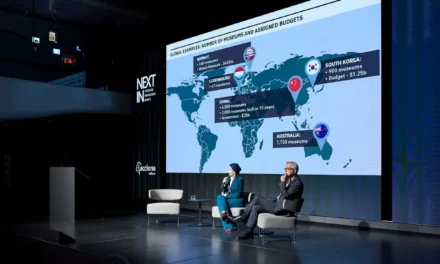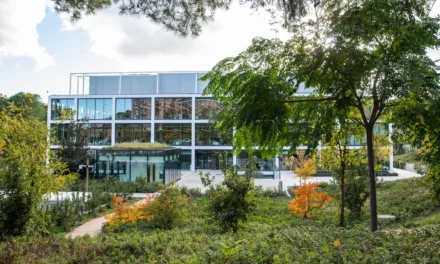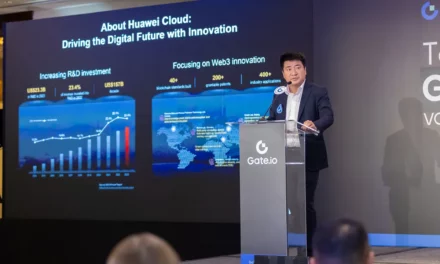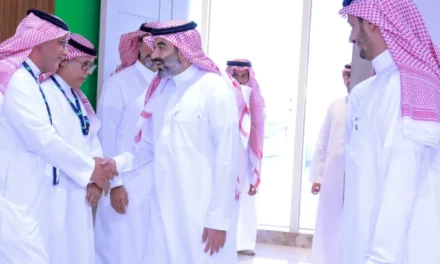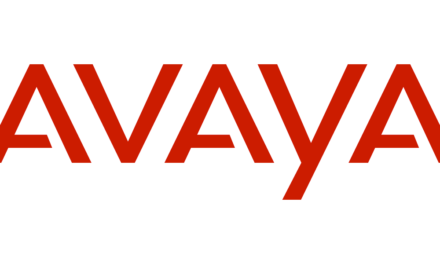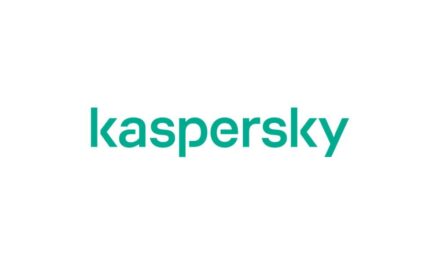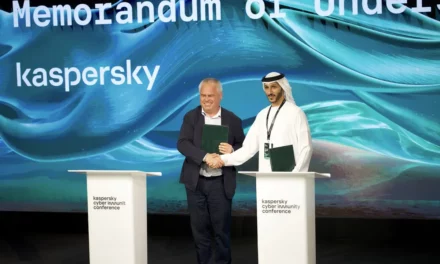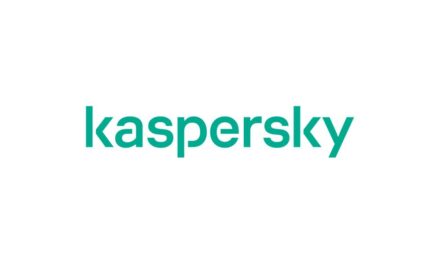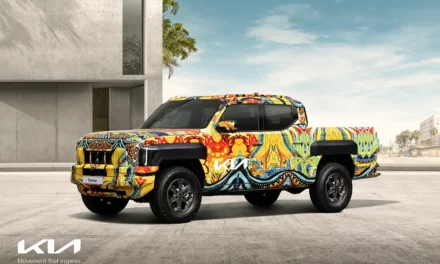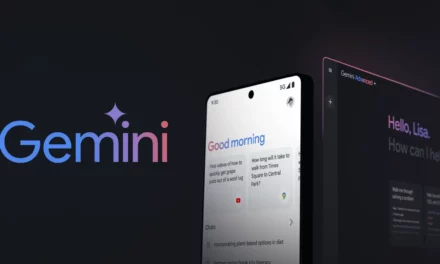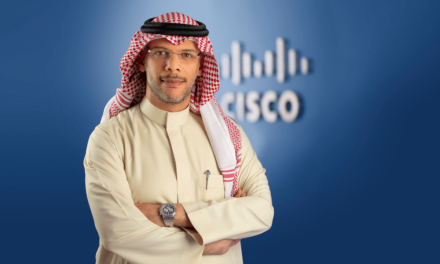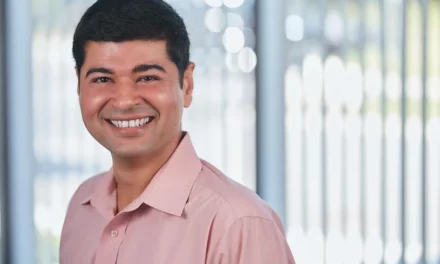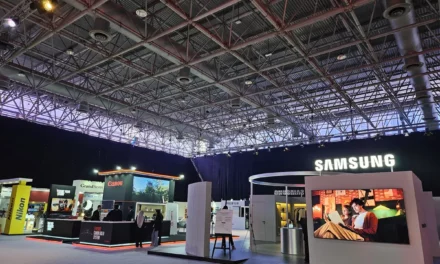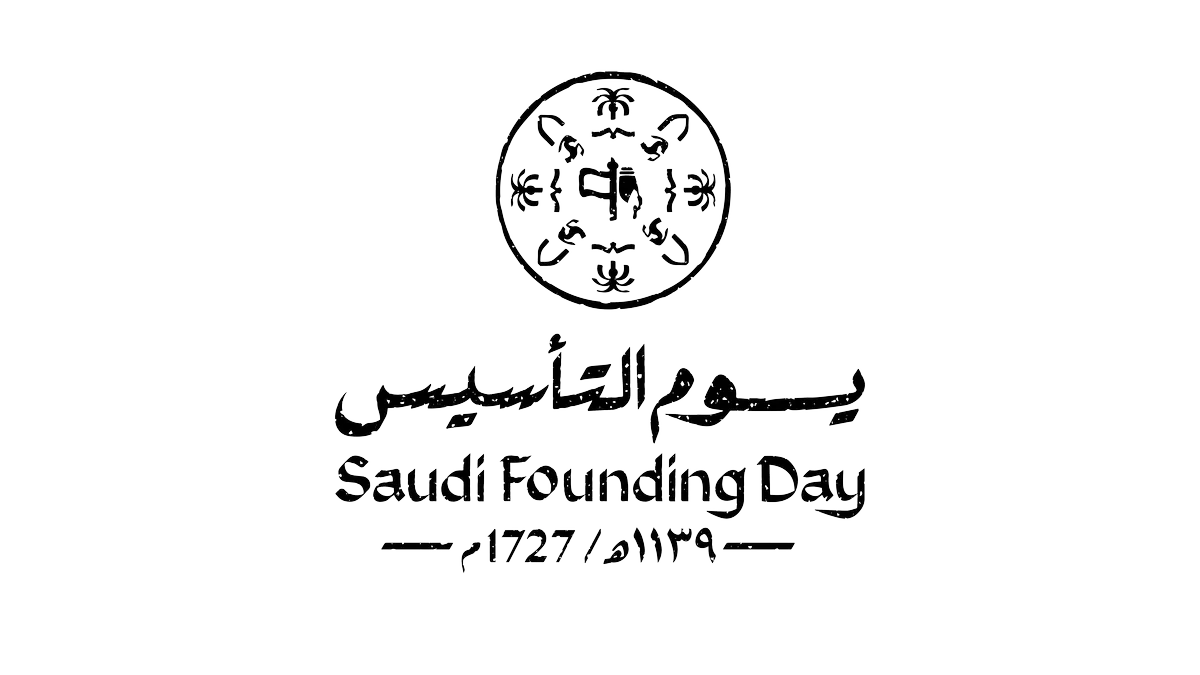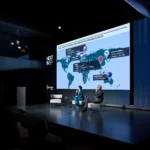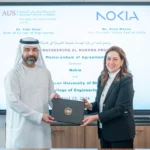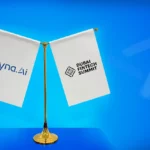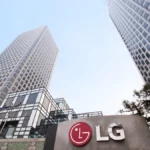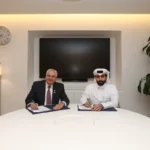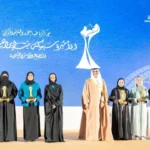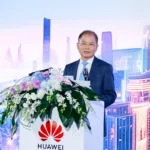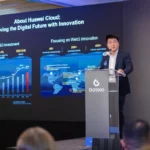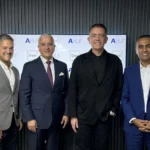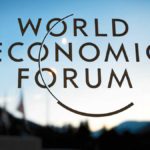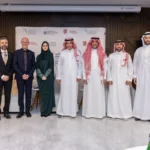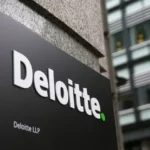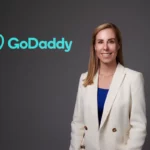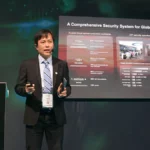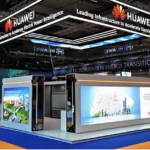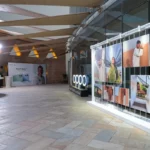
Winner in AI Solutions for Climate Change Competition Announced at COP28
Dubai, United Arab Emirates, December 05, 2023 – Huawei has teamed up with multiple UN agencies in helping unlock the potential of AI in bolstering collective response to climate change at the ongoing United Nations Climate Change Conference (COP28), hosted by the UAE.
Jerry Guo, President of Huawei’s Global Technical Services R&D, joined top officials from the International Telecommunication Union (ITU), International Atomic Energy Agency (IAEA), Food and Agriculture Organization (FAO) and UNESCO in encouraging green digital solutions for climate change at a high-profile event at COP28 on Saturday that saw the announcement of winning teams from the AI/Machine Learning in 5G Challenge, which kicked off in July.
More than 700 teams from 83 countries took part in the 5G energy consumption modelling challenge, a problem statement Huawei introduced as part of the series of competitions curated by the UN organizations, and led by the ITU and IAEA.
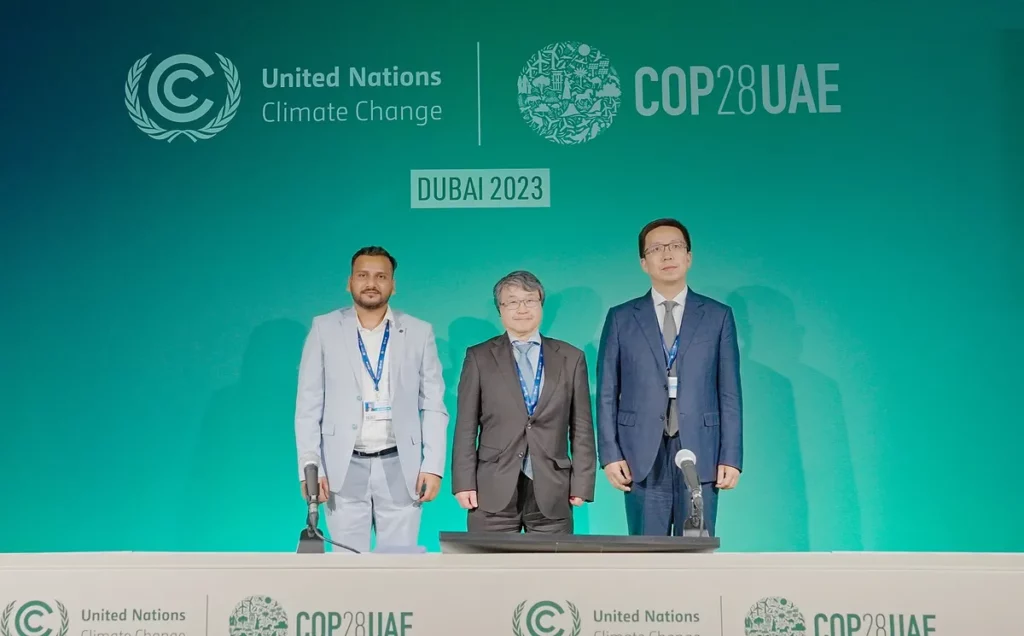
Seizo Onoe, Director of ITU’s Telecommunication Standardization Bureau; Jerry Guo, President of Huawei’s Global Technical Services R&D, and Rajat Ranjan, data scientist and winner of the 5G energy consumption modelling challenge
Data scientists Krishna Priya and Rajat Ranjan, from India, emerged as the winning team that developed machine learning models to reduce energy consumption of base stations from any manufacturer.
According to ITU Secretary-General Doreen Bogdan-Martin, AI has the potential to help mitigate between five to ten percent of global greenhouse gas emissions by 2030, and that increasingly people are discovering “how technologies can unlock solutions and put us on a greener, more sustainable path”.
“Ultimately our success is about partnerships,” she said.
The event also brought together top officials including Qu Dongyu, Director-General of FAO; Najat Mokhtar, Deputy-Director General of IAEA, and Vladimir Ryabinin, Assistant Director-General of UNESCO.
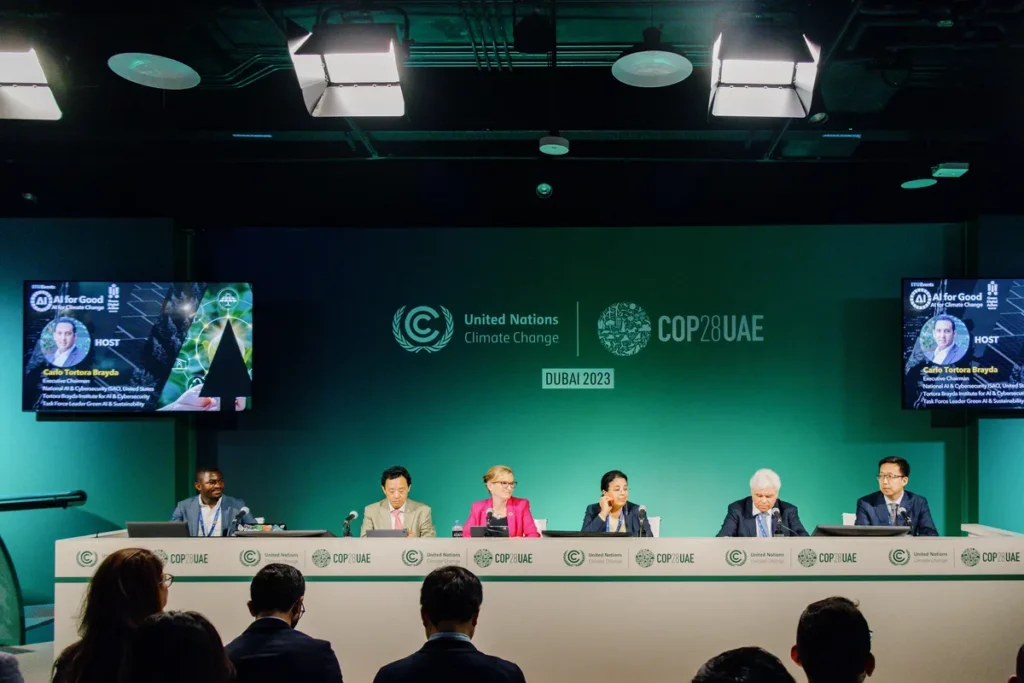
Jerry Guo, President of Huawei’s Global Technical Services R&D, addresses the high-level panel
For his part, Guo of Huawei noted that more than 90 percent of a telecom operator’s carbon footprint for operations comes from the electricity used to power networks.
“This means we need to act fast to reconcile between fast-growing demand for data with expectations for green networks,” Guo said.
“Increasing the efficiency and quality, reducing energy consumption and cost of communications networks – that’s the responsibility of tech companies like Huawei, and a major part of how we can contribute to human development,” he added.
One case in point is the AI-powered Simulated Reality of Communication Networks (SRCON), which saves more than 20 percent of energy while ensuring leading network performance.
The technology has been implemented in more than 40 countries, helping reduce carbon dioxide emissions by 700,000 tons per year, Guo said.
Xi Zheng of Huawei presented the 5G energy consumption modelling challenge at the session, titled “Crowdsourcing AI solutions for the Climate”, at COP28 in Dubai, UAE.
The COP28 session on Saturday was part of the Green Digital Action at COP28, an initiative led by the ITU with partners spanning the United Nations, governments, civil society, as well as businesses including Huawei. The initiative is aimed at illuminating on the ways in which digital technologies can help achieve a more sustainable future and optimize resource efficiency through joint action.

